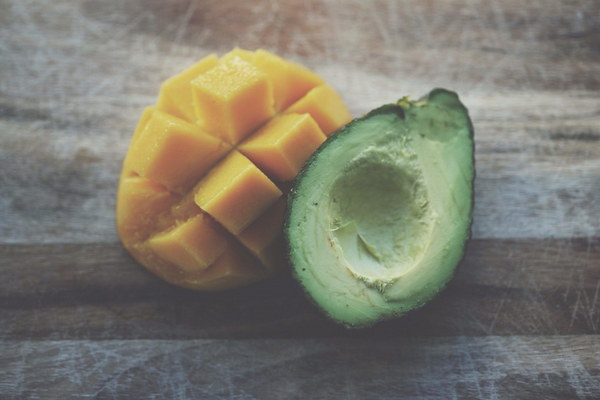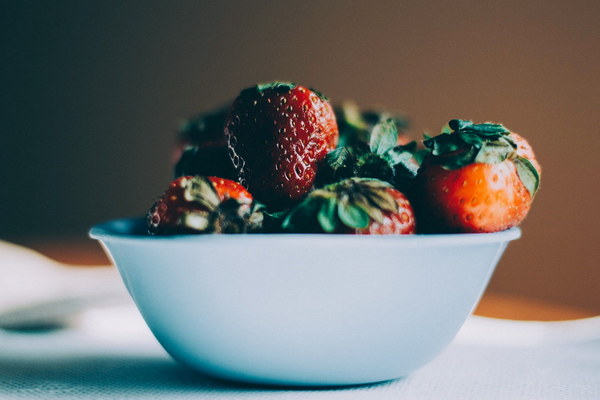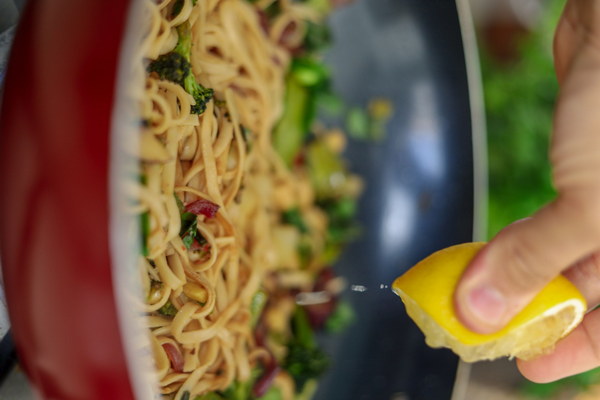Maximizing Wellness The Best Ways to Care for Body with Phlegm-Dampness
Introduction:
Phlegm-dampness is a common Chinese medical concept that refers to a condition where the body is affected by an excess of phlegm and dampness, leading to various health issues. It is important to understand the best ways to care for your body if you are prone to phlegm-dampness. This article will provide insights into the most effective strategies to maintain good health and alleviate symptoms associated with phlegm-dampness.
1. Diet:
A balanced diet plays a crucial role in managing phlegm-dampness. Here are some recommendations:
- Avoid excessive intake of cold, raw, and heavy foods that may exacerbate dampness, such as cold drinks, ice cream, and dairy products.
- Include plenty of warm and steaming foods, such as soups and porridge, which help to expel dampness.
- Incorporate foods with diuretic properties, such as barley, millet, and mung beans, to promote the elimination of excess fluid.
- Choose lean proteins, such as chicken, fish, and tofu, over heavy and greasy foods.
- Consume plenty of vegetables and fruits, especially those that are diuretic and nourishing, like cucumbers, watermelons, and lemons.
2. Lifestyle:
Adopting a healthy lifestyle can greatly improve your condition. Here are some lifestyle tips:
- Regular exercise: Engage in moderate physical activities, such as walking, swimming, or tai chi, to promote the circulation of Qi (vital energy) and strengthen your immune system.
- Adequate sleep: Ensure you get enough sleep to allow your body to rest and recover. Aim for 7-9 hours of sleep per night.
- Avoid stress: Practice stress-relieving techniques, such as meditation, deep breathing exercises, or yoga, to maintain a balanced mind and body.
- Proper ventilation: Keep your living environment clean and well-ventilated to prevent dampness from accumulating in your home.
3. Herbs and Supplements:

Certain herbs and supplements can help alleviate symptoms of phlegm-dampness. Consult with a qualified healthcare professional before starting any new treatment:
- Astragalus (Astragalus membranaceus): Known for its immune-boosting properties, it can help strengthen your body's defense against dampness.
- Ginseng (Panax ginseng): This herb can help improve energy levels and support your immune system.
- Licorice root (Glycyrrhiza uralensis): It has anti-inflammatory properties and can help alleviate symptoms of dampness.
4. Acupuncture and Traditional Chinese Medicine (TCM):
Acupuncture and TCM treatments can be beneficial for managing phlegm-dampness. These therapies aim to balance your body's energy and improve overall health:
- Acupuncture: Fine needles are inserted into specific points on your body to stimulate Qi flow and relieve symptoms.
- Cupping: A suction technique that increases blood circulation and promotes healing.
- TCM herbal medicine: Customized herbal formulas can be prescribed to address your specific needs.
Conclusion:
Taking care of your body with phlegm-dampness requires a holistic approach, focusing on diet, lifestyle, and alternative therapies. By implementing the strategies outlined in this article, you can effectively manage your condition and improve your overall well-being. Remember to consult with healthcare professionals for personalized advice and treatment.









